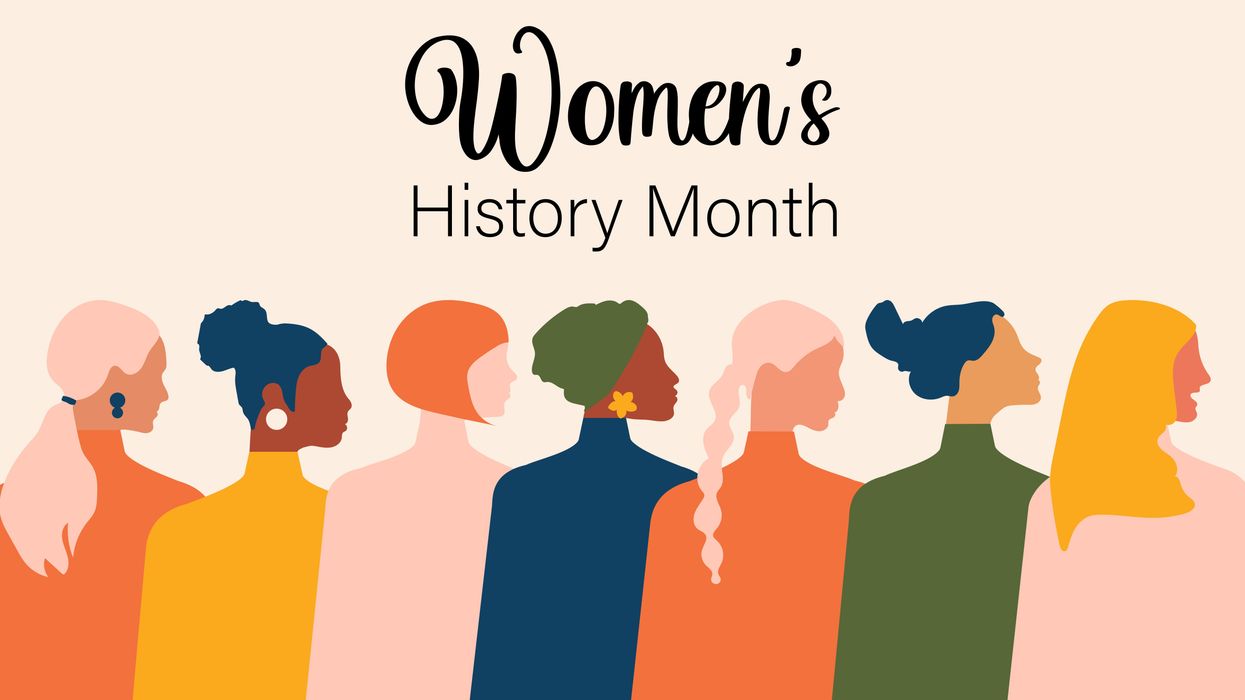In this episode of the "Collage" podcast, the Rev. F. Willis Johnson interviews Dr. Lilya Wagner, who formally served as director of philanthropic services for institutions and is emeritus faculty of the Lilly Family School of Philanthropy at Indiana University. She is an active voice and a pioneering figure in the philanthropic community.
Women’s History Month: A pioneer’s perspective

Ruslana Chub/Getty Images



















